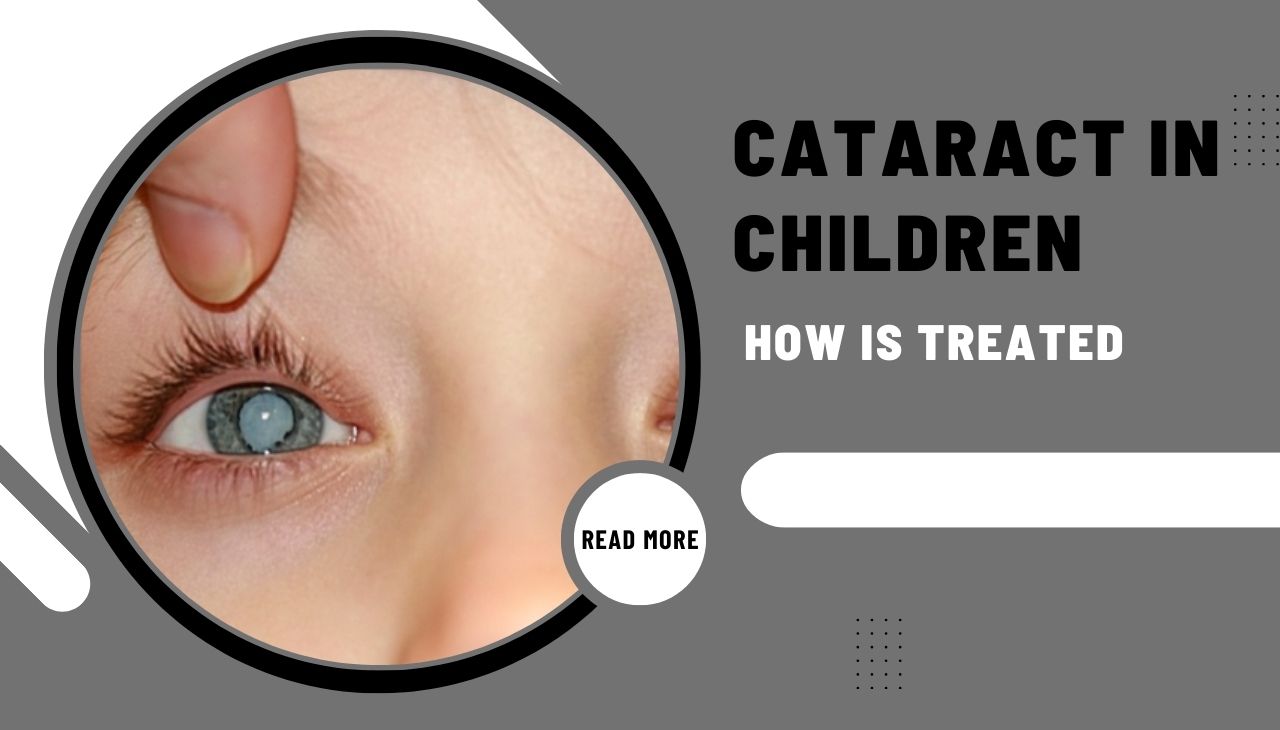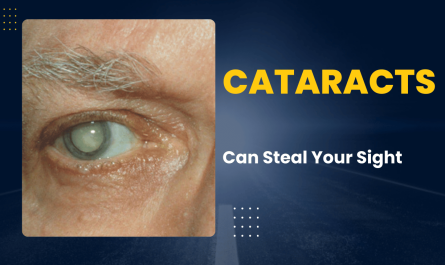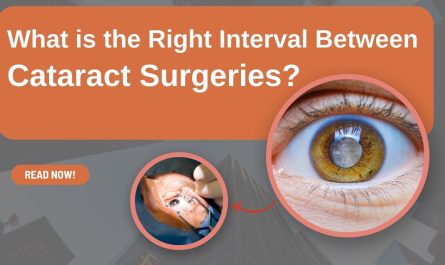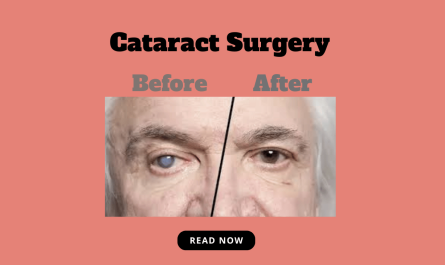Cataracts are often associated with older adults, but they can also affect children. Pediatric cataracts can impact a child’s vision development and, if left untreated, may cause permanent vision loss. Early detection and proper treatment are critical to ensure children can see clearly and develop normally.
This blog covers how cataracts in children are diagnosed and treated, the role of specialized eye care, surgical options, postoperative care, and how parents can support their child’s recovery.
Understanding Cataract In Children
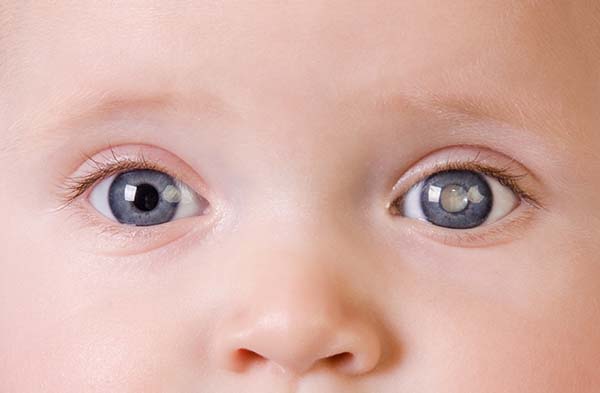
Cataract In Children are cloudy areas in the lens of a child’s eye. They may be present at birth (congenital) or develop later (acquired).
- Congenital cataracts can be caused by genetic conditions, infections during pregnancy, or metabolic disorders.
- Acquired cataracts may result from trauma, inflammation, or medical conditions like diabetes.
Even small cataracts can affect vision development. Early treatment is essential to prevent amblyopia, or “lazy eye.”
Diagnosis and Evaluation
Eye specialists follow a detailed process to assess a child’s cataract:
- Comprehensive Eye Exam: Examining the lens, retina, and other eye structures.
- Visual Acuity Tests: Checking how well a child can see at different distances.
- Imaging Tests: Using ultrasound or slit-lamp imaging to understand the cataract’s size and location.
- General Health Assessment: Reviewing family history, overall health, and possible genetic factors.
Treatment Options
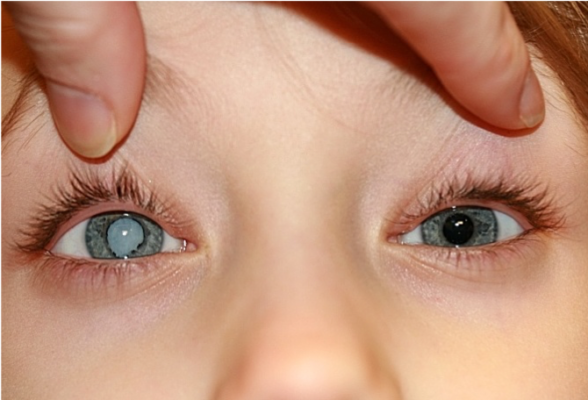
Treatment depends on cataract type, size, and impact on vision:
- Observation
- Small, non-progressive cataracts may be monitored regularly.
- Eye drops or glasses may be prescribed to improve vision.
- Small, non-progressive cataracts may be monitored regularly.
- Surgical Removal
- Surgery is the primary treatment for significant cataracts.
- Techniques include SICS (Small Incision Cataract Surgery) and Phacoemulsification, both performed under anesthesia.
- The surgeon removes the cloudy lens and replaces it with an artificial lens (IOL) if suitable.
- Surgery is the primary treatment for significant cataracts.
- Post-Surgical Vision Correction
- Glasses or contact lenses may be required.
- In some cases, doctors recommend patching therapy to strengthen the weaker eye.
- Glasses or contact lenses may be required.
Postoperative Care
Recovery after pediatric cataract surgery requires close monitoring:
- Use prescribed eye drops to prevent infection and reduce inflammation.
- Schedule regular follow-ups to track healing and vision progress.
- Watch for signs like redness, pain, or sudden vision changes, and report them immediately.
- Encourage gentle activity and avoid eye rubbing.
Supporting Your Child’s Vision Development
Parents play a key role in recovery:
- Ensure consistent use of corrective lenses if prescribed.
- Encourage visual activities like reading or drawing to stimulate the eye.
- Maintain a healthy diet rich in vitamins and nutrients that support eye health.
- Keep all follow-up appointments to track vision improvement.
Consultation at Laxmi Eye Hospital
Laxmi Eye Hospital is one of the largest eye hospital chains in Mumbai, known for quality eye care for over 30 years. Their team of experienced ophthalmologists provides transparent treatment and advanced diagnostics.
They specialize in services including:
- Specs Removal / LASIK (Bladeless LASIK, ICL, IPCL, Contoura Vision LASIK)
- Cataract Surgery
- Glaucoma Management
- Diabetic Eye Care
- Cornea Clinic (Corneal Disease, Keratoconus Management, Eye Donation)
- Retina Treatment
- Pediatric Ophthalmology
Parents can book appointments at any of the Laxmi Eye Institute clinics:
- Dombivli: 1st Floor, Laxmi Eye Institute, SS Business Park, Gharda Circle, Azde Gaon, Tata Power Company Limited, Dombivli East, Mumbai, Maharashtra 421201
- Kharghar: Office 108, 109 and 110, 1st Floor, Anant CHS Plot 31, Sector 04, Kharghar, Navi Mumbai, Maharashtra 410210
- Panvel: Mulla Hamid Rd, Old Panvel, Panvel, Navi Mumbai, Maharashtra 410206
- Kamothe: Shop No 26/27, Near ICICI Bank, Kamothe, Navi Mumbai, Pratik Gardens, Plot No 153 to 165, Sector 34, Maharashtra 410209
FAQs About Pediatric Cataracts
1. Can cataracts in children cause blindness?
Untreated cataracts can permanently affect a child’s vision development and lead to vision loss.
2. At what age can surgery be performed?
Doctors can perform surgery as early as a few weeks old, depending on the cataract’s severity.
3. Are there risks with cataract surgery in children?
Risks exist, including infection, lens displacement, or increased eye pressure, but careful monitoring minimizes complications.
4. How long is recovery after surgery?
Initial recovery usually takes a few weeks, with full visual rehabilitation taking several months.
5. Will my child need glasses after surgery?
Most children need glasses or contact lenses to achieve optimal vision post-surgery.
Cataracts in children can affect vision development but can be treated effectively with timely intervention. Early consultation, accurate diagnosis, and proper surgical care are essential for long-term visual health. Laxmi Eye Hospital provides specialized pediatric eye care with advanced techniques, experienced surgeons, and comprehensive support to ensure your child sees the world clearly. Seeking expert care helps children lead a life with better vision and opportunities for normal development.

